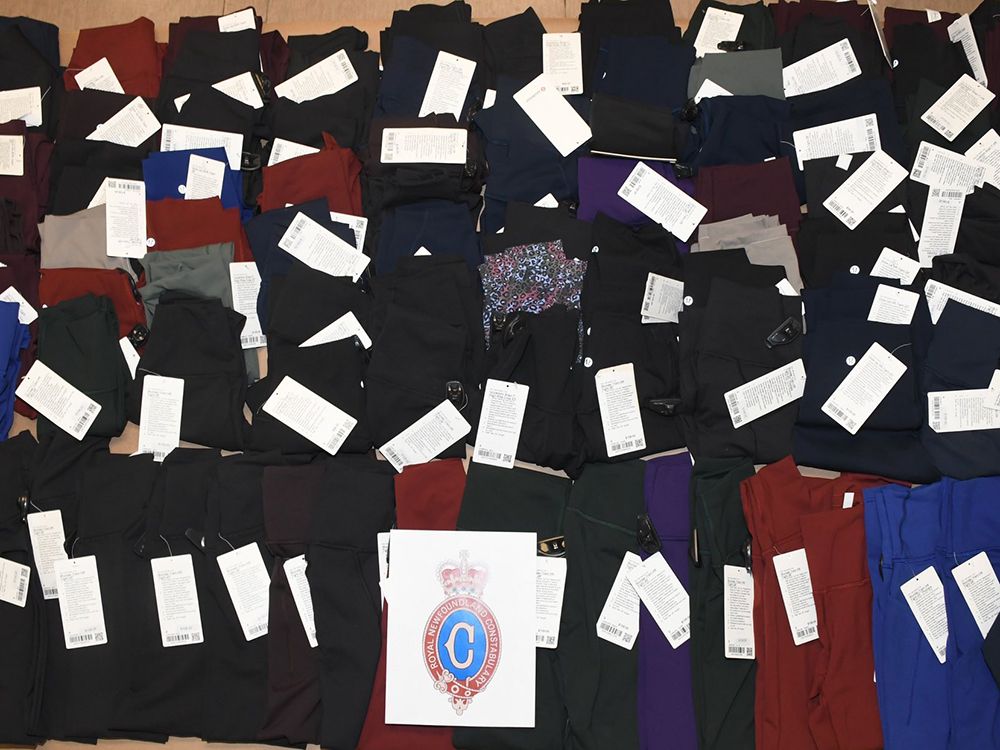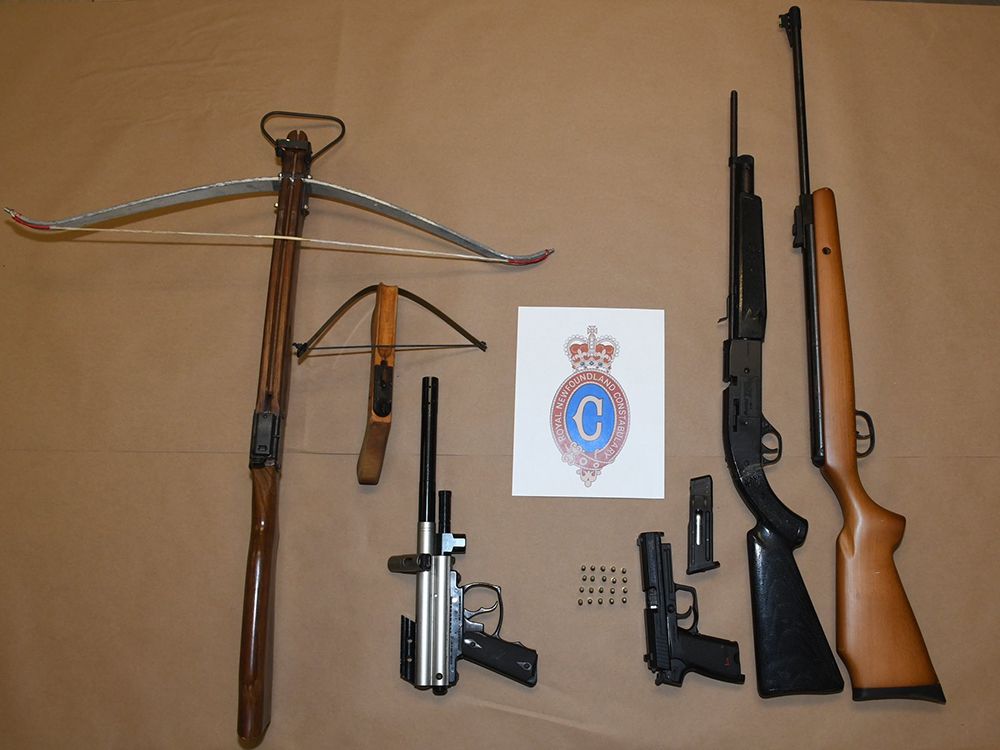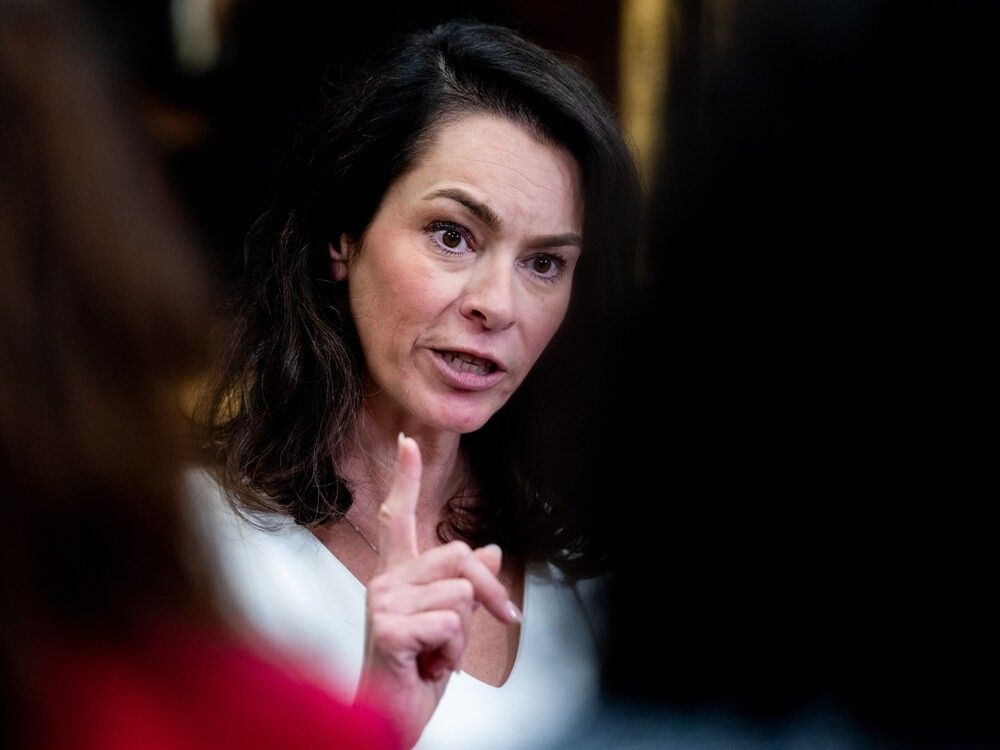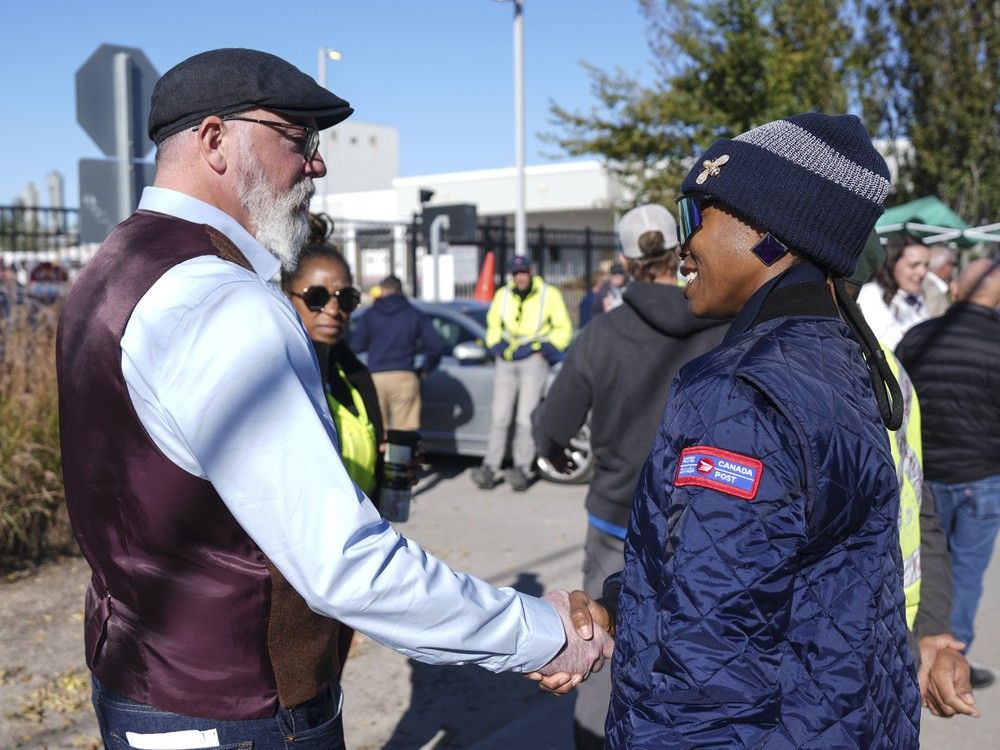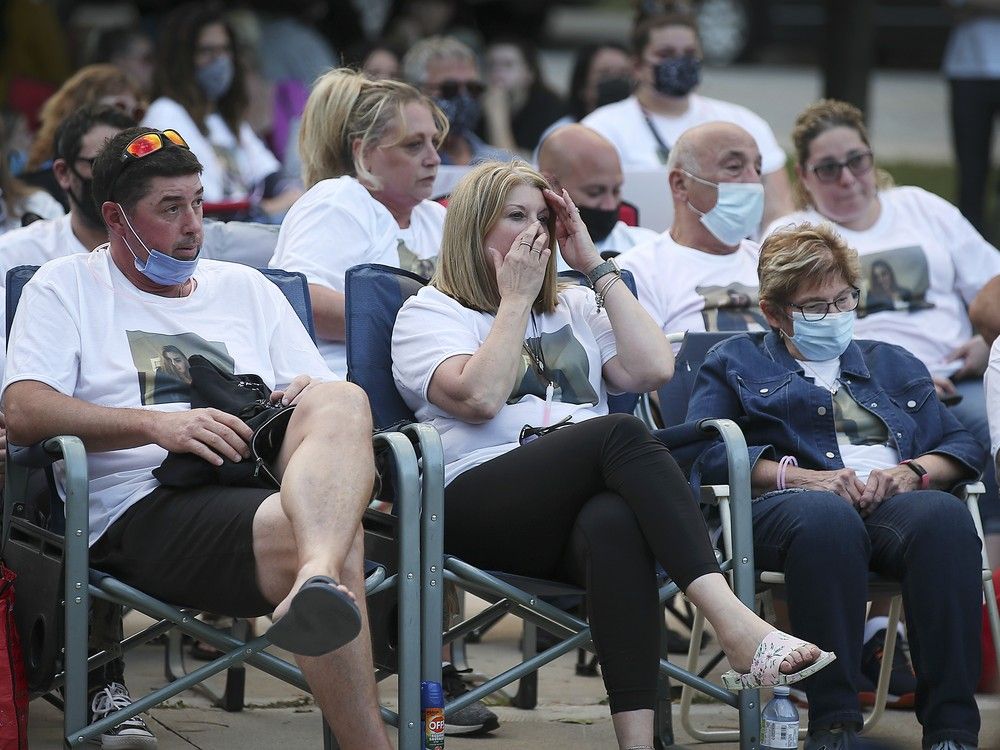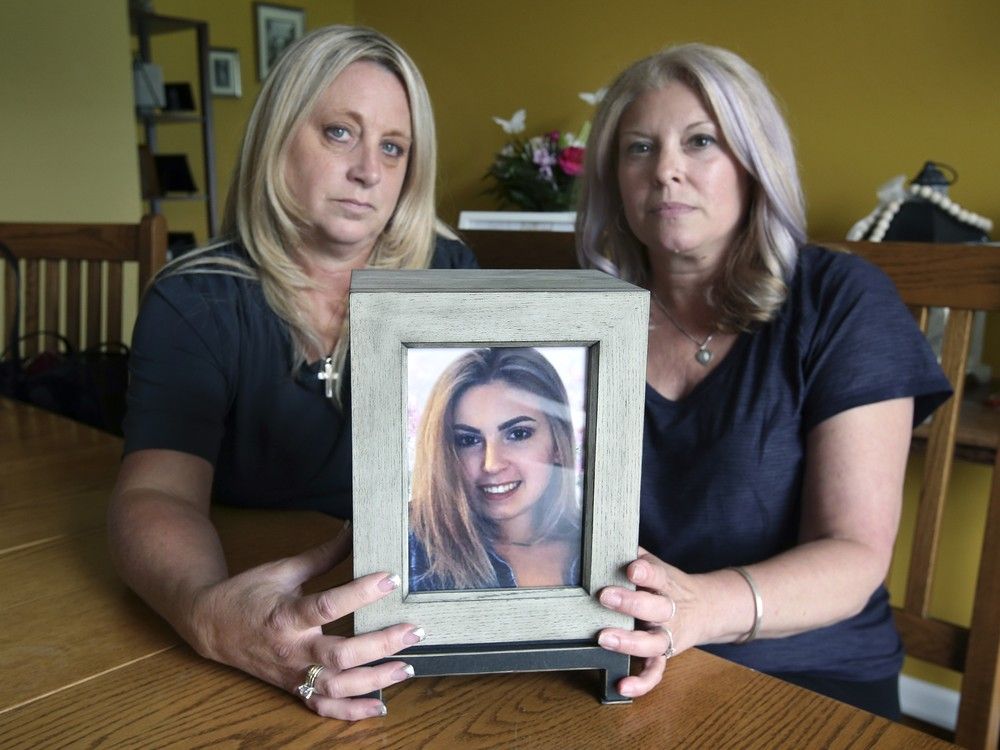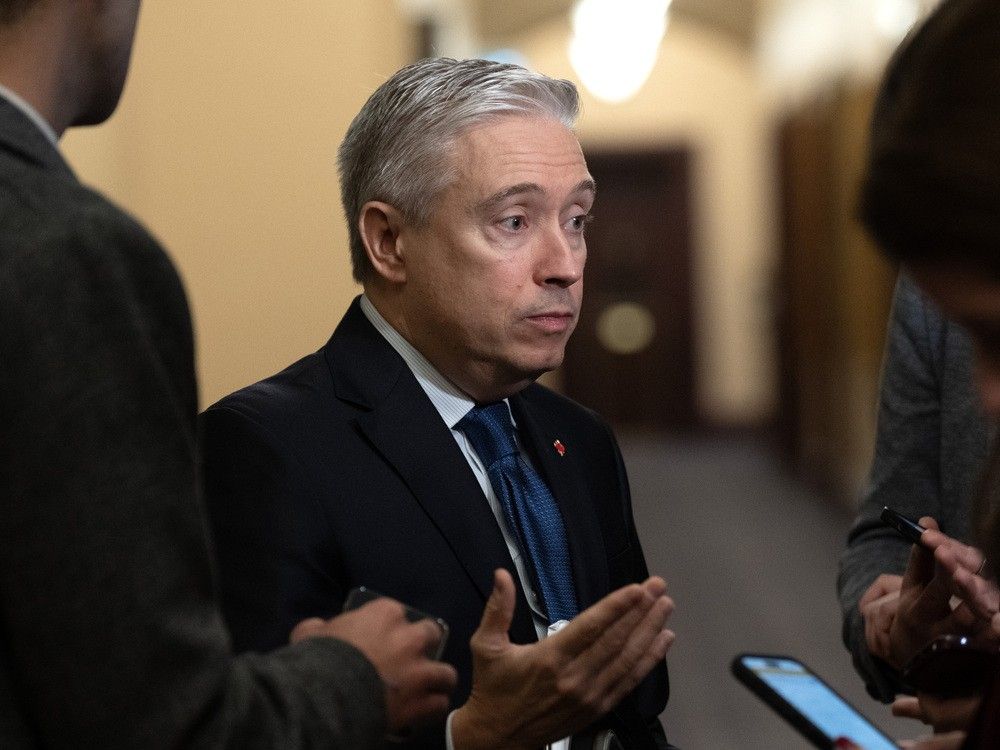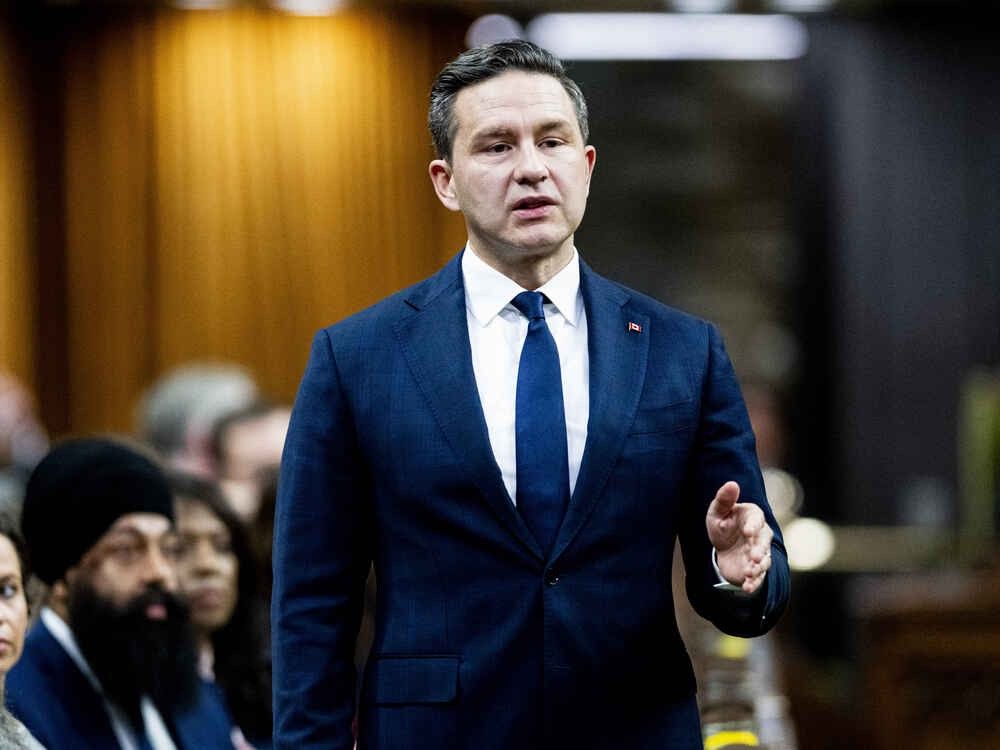
A Lululemon heist has led to the discovery of $10,000 worth of stolen leggings in a Newfoundland home and police are warning it’s part of a larger trend of rising organized retail crime.
The Royal Newfoundland Constabulary (RNC) have charged a 30-year-old woman and a 35-year-old man with theft over $5,000. They tracked them down to a home in Mount Pearl, just outside St. John’s, after a Tuesday morning theft from the popular sporting gear store in the Avalon Mall.
Inside the home, a police search turned up 90 pairs of activewear pants, three pellet guns, a high-velocity paintball gun, two crossbows, and ammunition.
“The General Investigation Unit believes organized retail theft is occurring on the Northeast Avalon using social media marketplaces to sell large volumes of stolen merchandise from retailers. This year alone, the RNC received two dozen reports of theft just from Lululemon,” said a news release from the force.
“The RNC is asking the public to pause and reconsider purchasing high-quality products being sold by a third party. Doing so helps to reduce demand and prevent profits from flowing to organized crime networks.”
The force anticipates more charges “and investigators believe other people are involved,” said the release.
“Any time you’re buying goods online that are not from the original retail website or legitimate marketplace, be careful,” said Rui Rodrigues, the Retail Council of Canada’s executive advisor for loss prevention and risk management.
“If the price is too good to be true, there’s a greater chance that those goods are not coming from legitimate means.”
Organized retail crime is on the rise across Canada, Rodrigues said.
“Post-COVID, we’ve seen a significant increase of organized retail crime activity, and with the growth of online marketplaces post-COVID and the ways that people transact and like to receive their goods, it’s certainly made it easier for organized criminals to hide behind a website or behind a delivery system,” he said.
“So, the old days of somebody being in a parking lot selling stolen goods out of a van — not really necessary.”
Retailers have seen examples of organized criminals setting up websites advertising goods for sale, Rodrigues said.
“When people go to purchase them online, they send somebody out to steal those goods and then they ship them out.”
Canada has seen an increase in “last mile couriers,” he said.
“So, the criminal doesn’t have to meet with the end user that they’re selling the goods to.”
He wasn’t surprised by the volume of stolen Lululemon gear police tracked down in Newfoundland this week.
“This is across the country, whether it’s apparel, grocery, electronics. Some folks will always ask, is there a favourite product? There really isn’t. Certainly, we see increases in the bigger locations (where) it’s easier for criminals to get a greater volume of goods.”
Canadian retailers see “booster groups” of organized criminals coming in from Eastern Europe and South America, as well as local thieving organizations, Rodrigues said.
“There’s been a shift as well where a lot of times these larger volume thefts were being shipped offshore, whereas now with all the outlets to sell goods, we see a lot more being sold on Canadian soil.”
On top of that, with the increase of “marginalized unhoused individuals” dealing with mental health problems, drug addiction, and alcoholism, “we’ve also seen organized criminals prey upon these individuals to have them go steal on their behalf and they are taking those goods back and reselling them.”
Last year, a shoplifting crackdown in Vancouver tracked down nearly $700,000 worth of stolen goods, he said.
Several people were arrested and homes were forfeited in that probe, Rodrigues said. “It does show the connection to organized crime in a bigger scale,” he said, noting drugs and weapons were also seized.
“So, it’s not a simple issue of shoplifting anymore. It continues to grow in complexity.”

Retailers are also seeing an increase in “violent and aggressive behaviour” from thieves, Rodrigues said.
“The consequences to their actions are very little,” he said.
“Our justice system releases people same day and they go back and re-offend really quickly.”
Retailers have seen “many incidents of folks drawing weapons — bear spray, machetes, we’ve had guns, knives, poker sticks. It’s gotten a little bit ridiculous,” Rodrigues said.
Retailers have seen a 300 per cent jump in violence over the last four years, he said.
“This year we’ve seen an increase in daylight robberies where individuals — typically three or four males dressed up all in black and masks — are doing smash-and-grabs at, typically, the jewelry locations. But brazen daylight, just running in and smashing everything and they’ve got weapons.”
Some have been caught on surveillance videos, Rodrigues said. “We have examples where, when somebody tries to detain someone when they leave (a store with stolen merchandise) and they pull a machete out of a bag and swing it at them,” he said.
“It’s just not what you expect to see during a retail theft.”
Rodrigues cheered harsher penalties announced last week for organized retail theft by Prime Minister Mark Carney.
“We’ve been advocating for that for quite some time,” Rodrigues said. “So, we’re happy to hear the prime minister put some words to retail crime and start to make some changes. And it’s a good first step … so that criminals are held accountable for their criminality, and we stop treating shoplifting like a victimless crime.”
A Retail Council survey found shoplifters in Canada stole $9.1 billion worth of goods in 2024, he said.
“Of interest to that is we did a similar survey in 2018 and, at that point, the value was $5 billion,” Rodrigues said.
“So, over a five-year period, it’s almost doubled.”
Lululemon is among high-end retailers often targeted for theft, Rodrigues said.
“It’s the stuff that easy to transact online in the black market that has a higher value,” he said.
“People love the product and if they can get it at a deal – it’s supply and demand, they’re going to look for those deals.”
Investigators can use GPS trackers hidden inside goods to track down shoplifters, Rodrigues said.
Police can also gather information from retailers about known criminals and figure out “when they hit,” so they can employ undercover officers to watch the thefts take place, he said.
“Rather than arrest someone immediately coming out, they will surveil that person back to see where the goods go so that they can get warrants. Because if they can get the final destination, they can get a judge to sign on a warrant to actually do a search of the property which is more meaningful … especially if we know it’s a repeat offender.”
Anyone with information about stolen property or suspicious sales in Newfloundland is asked to contact the RNC at 709-729-8000.
Our website is the place for the latest breaking news, exclusive scoops, longreads and provocative commentary. Please bookmark nationalpost.com and sign up for our daily newsletter, Posted, here.





